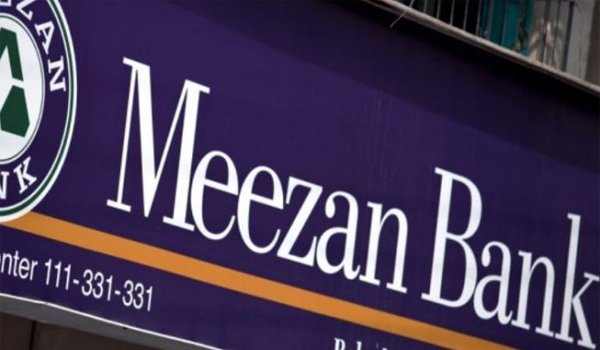After United Bank Limited (UBL) announcing its venture into establishing an exchange company, Meezan Bank, a prominent player in the Pakistani banking landscape, has decided to follow suit.
Now, Meezan Bank has become as the fourth major commercial bank to venture into the operation of an exchange company, joining the ranks of UBL, Habib Bank Limited (HBL), and the National Bank of Pakistan (NBP). The board of directors at Meezan Bank has revealed that the new exchange company will be endowed with Rs 1 billion as paid-up capital, aligning it with UBL’s paid-up capital.
This move comes in the aftermath of a concerted crackdown against illicit black market activities, prompting the State Bank of Pakistan (SBP) to introduce structural reforms in the Exchange Companies’ sector.
The SBP has unveiled a comprehensive set of reforms pertaining to exchange companies:
The recent crackdown aimed to curtail the informal market and bolster governance, internal controls, and compliance standards within the sector. As part of these reforms, leading banks actively involved in foreign exchange transactions are mandated to establish wholly owned Exchange Companies to serve the legitimate foreign exchange requirements of the general public.
Moreover, the minimum capital requirement for Exchange Companies has been elevated from Rs 200 million to Rs 500 million, excluding any accumulated losses.
Exchange companies were categorized into two groups: A and B, with category A companies necessitating a higher minimum capital threshold of Rs 200 million, while those in category B required a lower minimum capital of Rs 25 million and were limited to operating as money changers. Under the SBP’s reforms, all exchange companies from categories A and B, along with franchises of exchange companies, will be amalgamated into a single category, with a clearly defined mandate.
For category B exchange companies, there are three options available: they can merge with an existing exchange company, elevate their status to a full exchange company, or consolidate with other category B exchange companies to create a unified entity.
These companies must approach the SBP within one month to obtain a no-objection certificate (NOC) for one of these choices. Subsequently, category B exchange companies have a three-month window to meet regulatory and legal prerequisites for formal licensing. Failure to do so will result in the cancellation of their licenses.
Meanwhile, franchises of exchange companies have two alternatives: they can merge with the parent exchange company or sell their franchise to it. Franchises must secure central bank approval for either merger or sale within one month, failing which their licenses will be revoked.
These reforms come slightly over a year after the SBP suspended the operations of numerous branches and franchises of exchange companies due to regulatory violations.
The central bank initiated this crackdown amid concerns that these entities were not providing foreign currency to customers despite its availability, thereby contributing to exchange rate volatility and a significant disparity in rates between the interbank market and those offered by exchange companies and commercial banks.


